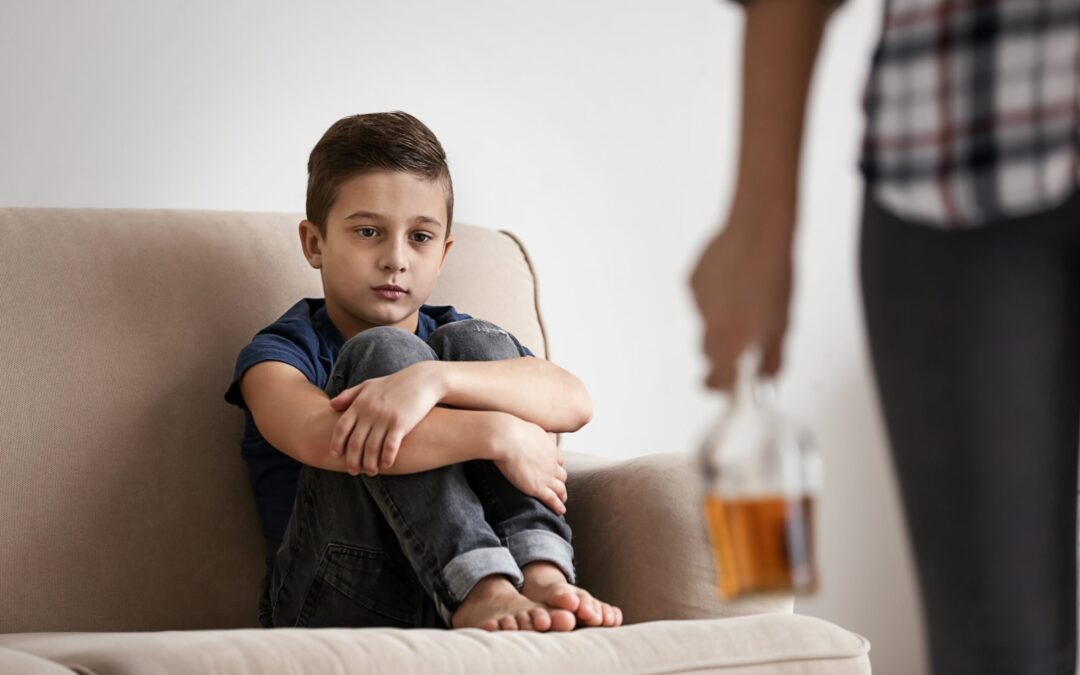Childhood trauma is a significant risk factor for developing addiction later in life. Trauma can have a lasting impact on a person’s mental and emotional health, leading to a range of issues, including addiction. In this blog post, we will explore the connection between childhood trauma and addiction and discuss ways to support those who have experienced trauma and are struggling with addiction.
What is Childhood Trauma?
Childhood trauma refers to experiences of physical, sexual, or emotional abuse, neglect, or other adverse events that occur during childhood. Trauma can also result from witnessing violence, being involved in accidents, or experiencing natural disasters.
Trauma can have a profound impact on a child’s development, affecting their emotional, social, and cognitive development. Trauma can lead to a range of negative outcomes, including anxiety, depression, and post-traumatic stress disorder (PTSD).
What is Addiction?
Addiction is a complex disease that is characterized by compulsive drug seeking and use, despite the harmful consequences. Addiction affects the brain’s reward system, causing changes in brain function and structure that can lead to long-term negative consequences.
The Connection between Childhood Trauma and Addiction
Childhood trauma is a significant risk factor for developing addiction later in life. Studies have shown that individuals who experience trauma during childhood are more likely to engage in risky behavior, including drug and alcohol use.
Trauma can lead to a range of mental health issues, including anxiety and depression, that can contribute to the development of addiction. Individuals who have experienced trauma may turn to drugs or alcohol as a way to cope with their emotions and feelings of distress. The use of drugs or alcohol may provide temporary relief from emotional pain, leading to a cycle of addiction.
In addition, trauma can impact the brain’s reward system, causing changes in the brain’s chemistry and structure that can lead to addiction. Trauma can also lead to changes in the brain’s stress response system, leading to increased vulnerability to addiction.
Supporting Individuals with Trauma and Addiction
If you or someone you know has experienced childhood trauma and is struggling with addiction, there are several ways to provide support and help:
Seek Professional Help
It is essential to seek professional help from a therapist or addiction specialist who can provide support and guidance. Therapies such as Cognitive Behavioral Therapy (CBT) and Eye Movement Desensitization and Reprocessing (EMDR) have been shown to be effective in treating trauma-related addiction.
Join a Support Group
Joining a support group can provide a safe and supportive environment for individuals to connect with others who have experienced trauma and addiction. Support groups can also provide education and resources for managing addiction and trauma.
Practice Self-Care
Self-care is essential for managing addiction and trauma. Engaging in activities such as exercise, mindfulness, and meditation can help individuals manage their emotions and reduce stress. It is also essential to prioritize healthy eating and adequate sleep to promote overall well-being.
Build a Support Network
Building a support network of friends and family members can provide a sense of connection and support during challenging times. It is essential to communicate openly and honestly with loved ones about struggles with addiction and trauma.
Self-care is Selfless – Practice Mindfulness
Self-care is selfless – Practicing mindfulness can help individuals manage their emotions and cope with stress. Mindfulness practices such as deep breathing, meditation, and yoga can help individuals develop self-awareness and regulate their emotions.
Conclusion
Childhood trauma is a significant risk factor for developing addiction later in life. Trauma can impact the brain’s reward and stress response systems, leading to increased vulnerability to addiction. It is essential to seek professional help, join a support group, practice self-care, build a support network, and practice mindfulness to support individuals who have experienced trauma and are struggling with addiction.

